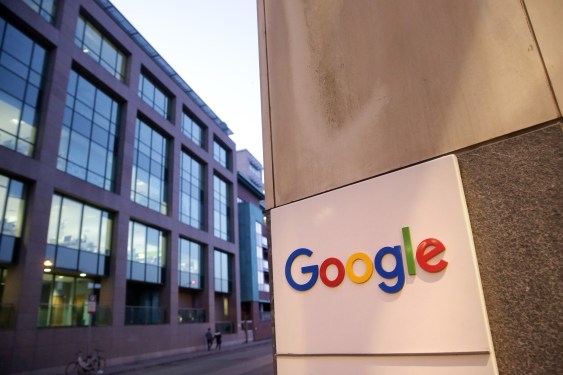This article discusses Google’s compliance with the European Union’s (EU) Digital Services Act (DSA), which aims to regulate online platforms and ensure transparency, accountability, and safety for users. The DSA requires large online platforms to take measures such as:
- Transparency: Platforms must be transparent about their algorithms, moderation processes, and decision-making.
- Accountability: Platforms are accountable for the content they host, including ensuring that user-generated content is removed when it violates EU laws or regulations.
- Safety: Platforms must take measures to prevent harassment, hate speech, and other forms of online harm.
Google’s compliance with the DSA is a significant step towards promoting transparency, accountability, and safety in the digital space. The company has taken several steps to comply with the DSA, including:
- Transparency reports: Google has released regular transparency reports detailing its moderation activities, such as takedown notices received from governments.
- Algorithmic transparency: Google has made efforts to provide more insight into how its algorithms work and how they impact users.
- Content removal policies: Google has clarified its content removal policies, including the criteria for removing user-generated content.
However, there are still some concerns about Google’s compliance with the DSA. For instance:
- Lack of transparency on profiling: Google does not provide clear information on how it uses profiling and targeting in advertising.
- Discrepancies in personalization/profiling claims: Google makes different claims about what constitutes "personalization" or "profiling" compared to its rivals, such as Meta and Snap.
Overall, while Google’s compliance with the DSA is a positive step towards promoting transparency, accountability, and safety in the digital space, there are still areas that require improvement.




